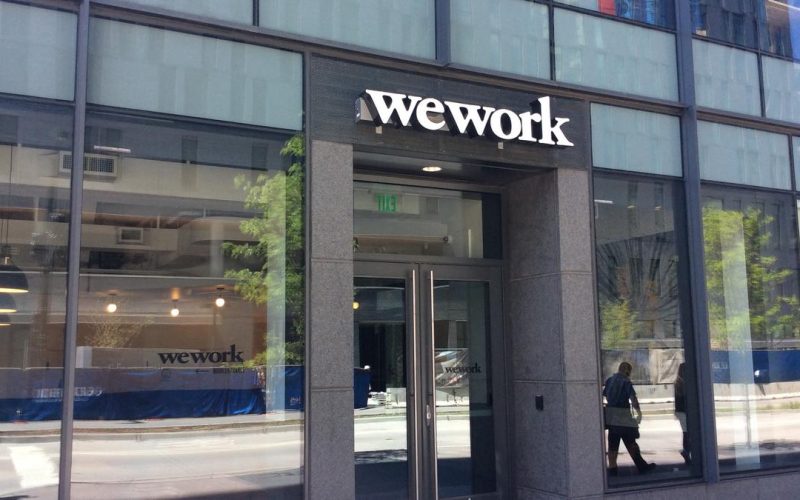Introduction
Meet our author, John Doe, a seasoned economist with over a decade of experience in real estate and finance. His insights have guided many professionals in navigating the complex world of real estate investments.
Understanding WeWork’s Financing Frenzy
WeWork, a name synonymous with co-working spaces, has been making headlines with its aggressive financing strategies. The company’s approach to financing is not just innovative but also disruptive, shaking up the traditional real estate and finance sectors.
The Impact on Real Estate Market
WeWork’s financing strategies have had a profound impact on the real estate market. The company’s business model, which involves leasing large spaces, renovating them into modern co-working spaces, and then renting them out, has changed the dynamics of the real estate market. This has led to increased demand for flexible workspaces, pushing other players in the market to adapt.

What Economists Need to Know
For economists, WeWork’s financing strategies offer a case study in disruption. The company’s approach to financing, which involves a mix of debt, equity, and lease obligations, is a departure from traditional real estate financing. This has implications for economic modeling and forecasting in the real estate sector.
Implications for Real Estate Brokers
Real estate brokers need to understand the implications of WeWork’s financing strategies. The demand for flexible workspaces is likely to increase, and brokers who can adapt to this new reality stand to benefit. On the flip side, the increased competition could lead to a squeeze on margins.
Financial Advisors and WeWork’s Financing Frenzy
Financial advisors need to be aware of the risks and opportunities presented by WeWork’s financing strategies. While the company’s growth presents investment opportunities, the high level of debt and the reliance on continued investor funding present risks.
Looking Ahead: The Future of Real Estate with WeWork
Looking ahead, WeWork’s financing strategies are likely to continue to shape the real estate market. The company’s approach to financing, combined with its focus on creating a community around workspaces, could lead to a fundamental shift in how people work and how real estate is valued.
Table: Key Points of WeWork’s Financing Strategies
| Key Point | Description |
|---|---|
| Innovative Financing | WeWork’s financing strategies involve a mix of debt, equity, and lease obligations. |
| Impact on Real Estate | WeWork’s approach has increased demand for flexible workspaces and changed the dynamics of the real estate market. |
| Implications for Economists | WeWork’s financing strategies offer a case study in disruption and have implications for economic modeling and forecasting. |
| Implications for Brokers | The demand for flexible workspaces is likely to increase, leading to opportunities and challenges for real estate brokers. |
| Implications for Financial Advisors | WeWork’s financing strategies present both risks and opportunities for financial advisors. |










